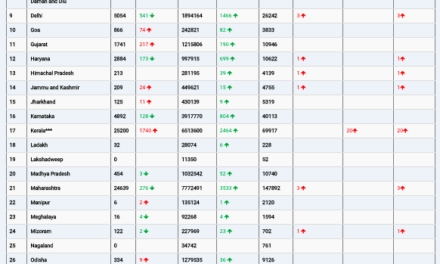
Researchers at Cold Spring Harbor Laboratory have unveiled a groundbreaking study demonstrating that T cells, a type of white blood cell, can be genetically reprogrammed to combat the aging process. This innovative approach targets senescent cells, which accumulate in the body as we age, contributing to harmful inflammation and age-related diseases.
Senescent cells, those that cease to replicate, create a pro-inflammatory environment during aging, leading to various age-related tissue pathologies. The team, led by Assistant Professor Corina Amor Vegas, employed CAR (chimeric antigen receptor) T cell therapy, a technique already recognized for its effectiveness in treating blood cancers.
Unlike previous applications limited to cancer treatment, Amor Vegas and her team demonstrated the therapy’s remarkable ability to rejuvenate and slow down aging in mice. Results in mice showed a reduction in body weight, improved metabolism, glucose tolerance, and increased physical activity—all achieved without causing tissue damage or toxicity.
“If we give it to aged mice, they rejuvenate. If we give it to young mice, they age slower. No other therapy right now can do this,” highlighted Amor Vegas.
The longevity of the effects sets CAR T cell therapy apart. A single dose can provide lifelong benefits, making it advantageous for chronic conditions such as obesity and diabetes. This longevity potential stems from T cells’ ability to develop memory and persist in the body for extended periods.
The team is now exploring whether CAR T cell therapy not only improves health but also extends lifespan in mice. While the current study lacks conclusions on longevity, it provides a crucial foundation for understanding the impact of senolytic strategies on age-related tissue pathologies.
The study, published in the journal Nature Aging, marks a significant step toward unraveling the secrets of the fountain of youth and introduces a potential revolutionary approach to combat aging and associated health issues.











